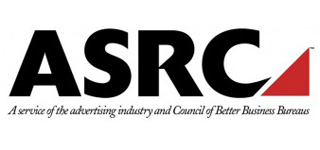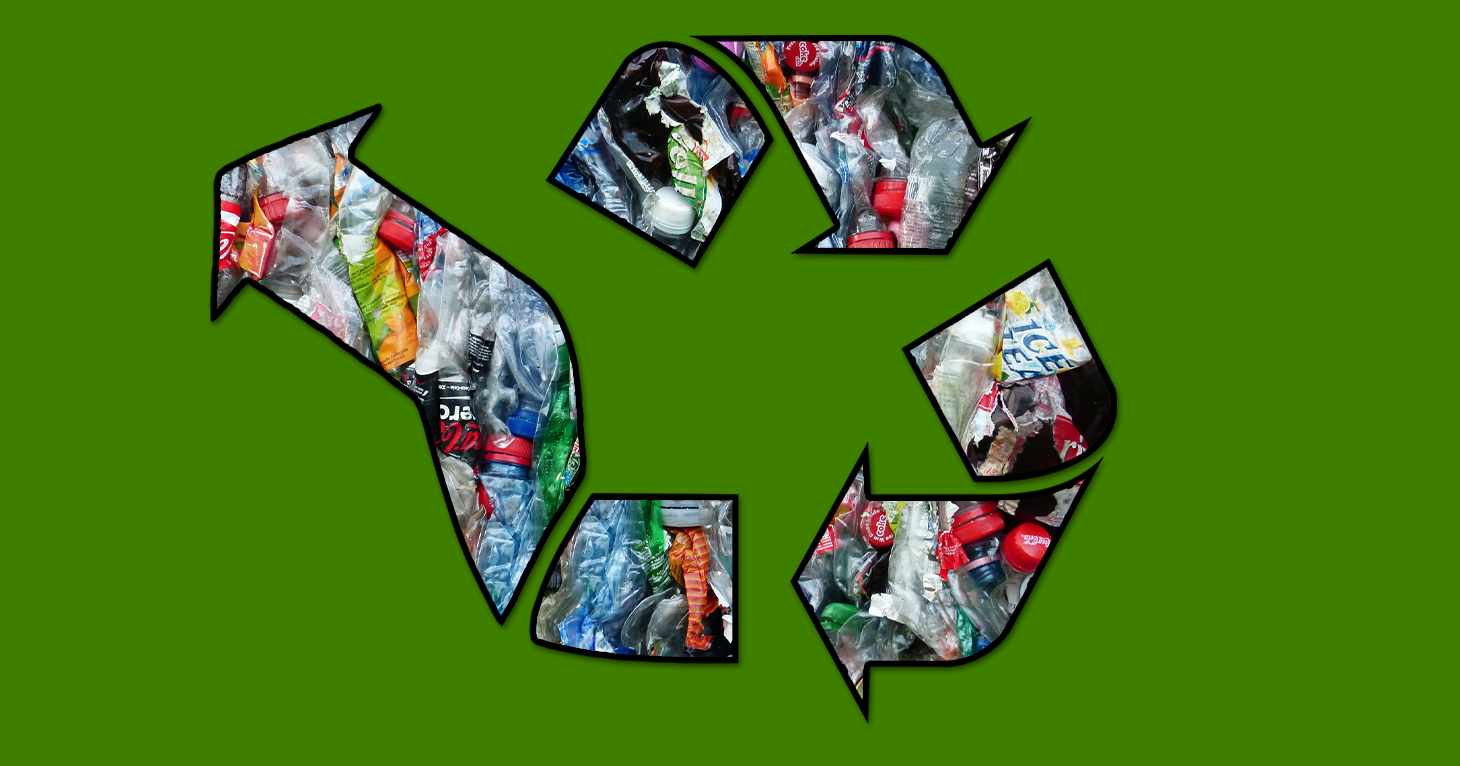It’s an open secret in the plastics industry that recycling plastic generally doesn’t work. Yet consumers toss plastic products in the recycling every day. Why? Because the plastics industry convinced them a long time ago that they can keep plastic out of landfills.
According to an investigation by NPR and PBS, it was the plastics industry not the environmental lobby that spent tens of millions of dollars on ads touting the recyclability of plastics, “promoting the benefits of a product that, for the most part, was buried, was burned or, in some cases, wound up in the ocean.”
As one former top industry insider put it, selling recycling sold plastic, even if it wasn’t true.
When ads make something sound better for the environment than it actually is, that is called greenwashing.
The reality is recycling plastic is expensive and many recycling facilities don’t have the resources to do it. Or, as a 2020 survey of the country’s recycling facilities by Greenpeace found, they can only recycle two out of seven types of “post-consumer plastic items,” known as PET #1 and HDPE #2. The rest are sent to a landfill or incinerator.
In fact, the landfill is where a lot of plastic winds up, whether it’s tossed in the garbage or recycling. According to the EPA, landfills received 27 million tons of plastic in 2018, nine times as much plastic that was recycled that year.
So, where does this leave consumers who, despite being scapegoated by the plastics industry, still want to “do their part” and recycle?
Well, the good news is there are other materials such as glass, metal and paper that can be recycled (though what can and cannot be recycled varies from community to community). Also, there are rules advertisers must follow if they want to market a product or package as recyclable.
The FTC’s Green Guides state that:
It is deceptive to misrepresent, directly or by implication, that a product or package is recyclable. A product or package should not be marketed as recyclable unless it can be collected, separated, or otherwise recovered from the waste stream through an established recycling program for reuse or use in manufacturing or assembling another item.
Advertisers must also be able to show that the recycling facilities that are accepting their recyclable-labeled product or package are actually recycling it and not just landfilling it or burning it. In other words, the item must not only be recyclable in theory but recycled in reality.
In recommending that a cleaning products company discontinue unqualified recyclability claims for its “Forever” bottles, the National Advertising Division quoted straight from the Green Guides in a decision issued in 2020 (emphasis added):
According to the advertiser, after customers send their bottles back to Blueland for recycling, it then pays a third party to clean the bottles and sells them to a recycler who melts the bottles down so the acrylic resin can be reused. The advertiser did not, however, present any evidence on the percentage of resin from its bottles that is actually reused by the recycler in manufacturing or assembling another item.
But here’s where things get a little complicated. Under the Green Guides, a product can be marketed as “recyclable” even if only 60 percent of consumers have access to a facility or program that can recycle the item. The FTC says:
When recycling facilities are available to a substantial majority of consumers or communities where the item is sold, marketers can make unqualified recyclable claims. The term “substantial majority,” as used in this context, means at least 60 percent.
The flipside is that as much as 40 percent of consumers may not be able to recycle a product that the FTC allows to be marketed as “recyclable.”
This is why it’s important that consumers concerned about the environment get to know the recycling options that are available in their area, as every community sets its own recycling rules. Local government websites are a good place to start.
Here are some additional tips:
- Don’t confuse a product that is made with recycled materials for one that is recyclable. (Both may be marketed with the universal triangular recycling symbol, which – surprise – the plastics industry lobbied states to appear on all plastic, even if there was no way to economically recycle it, the NPR and PBS investigation found.)
- Know the difference between recyclable and compostable. According to the Green Guides, recyclable means the product can be reused, while compostable means the product will safely break down into usable compost, such as mulch or “soil-conditioning material.”
- Think about the type of product being advertised. The FTC gives the example of a trash bag labeled “recyclable” without qualification. “Because trash bags ordinarily are not separated from other trash at the landfill or incinerator for recycling, they are highly unlikely to be used again for any purpose. Even if the bag is technically capable of being recycled, the claim is deceptive since it asserts an environmental benefit where no meaningful benefit exists.”
Find more of our coverage on greenwashing.



